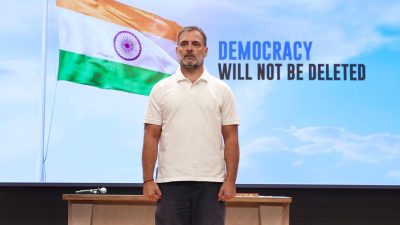Surjeet: The ‘pragmatic’ king-maker and a coalition man
Harkishan Singh Surjeet's dream of seeing a Communist as PM remained unfulfilled despite coming to a sniffing distance.

From a revolutionary to a pragmatic politician and a king-maker, Harkishan Singh Surjeet donned many a role but his dream of seeing a Communist as Prime Minister remained unfulfilled despite coming to a sniffing distance.
Known for his skills in managing coalition politics, the 92-year-old former CPM general secretary strove all his life for the party to make inroads into the cow belt to remove its tag as a mere three-state phenomenon and to make it a power to reckon with at the national level.
But he will be remembered largely for preparing the cadre-based party to mend fences with arch-rival Congress to form a non-Congress government at the Centre for keeping the ‘communal’ BJP at bay and then bringing a Congress-led government in Delhi eight years later in 2004.
Significantly, he was also one of those who played a leading role in ushering in a non-Congress combine in 1989 that saw the first coalition government at the Centre with support from BJP and the Communists from outside.
The Marxist veteran had led the CPM through the tumultuous mid-90s playing a king-maker’s role but had to remain a mute spectator when the party lost a golden opportunity to head a government.
The decision not to make Jyoti Basu the Prime Minister in 1996, taken largely at the behest of some ‘young guns’ in the party, saw the Marxist patriarch from West Bengal calling it a ‘historic blunder’ and Surjeet using all his persuasive skills to avert an inner-party conflict.
Surjeet mastered the art of backroom operation and played the game with aplomb. Though his detractors saw him as a Machiavellian politician, Surjeet’s skills surfaced and proved much fruitful later.





- 01
- 02
- 03
- 04
- 05


























